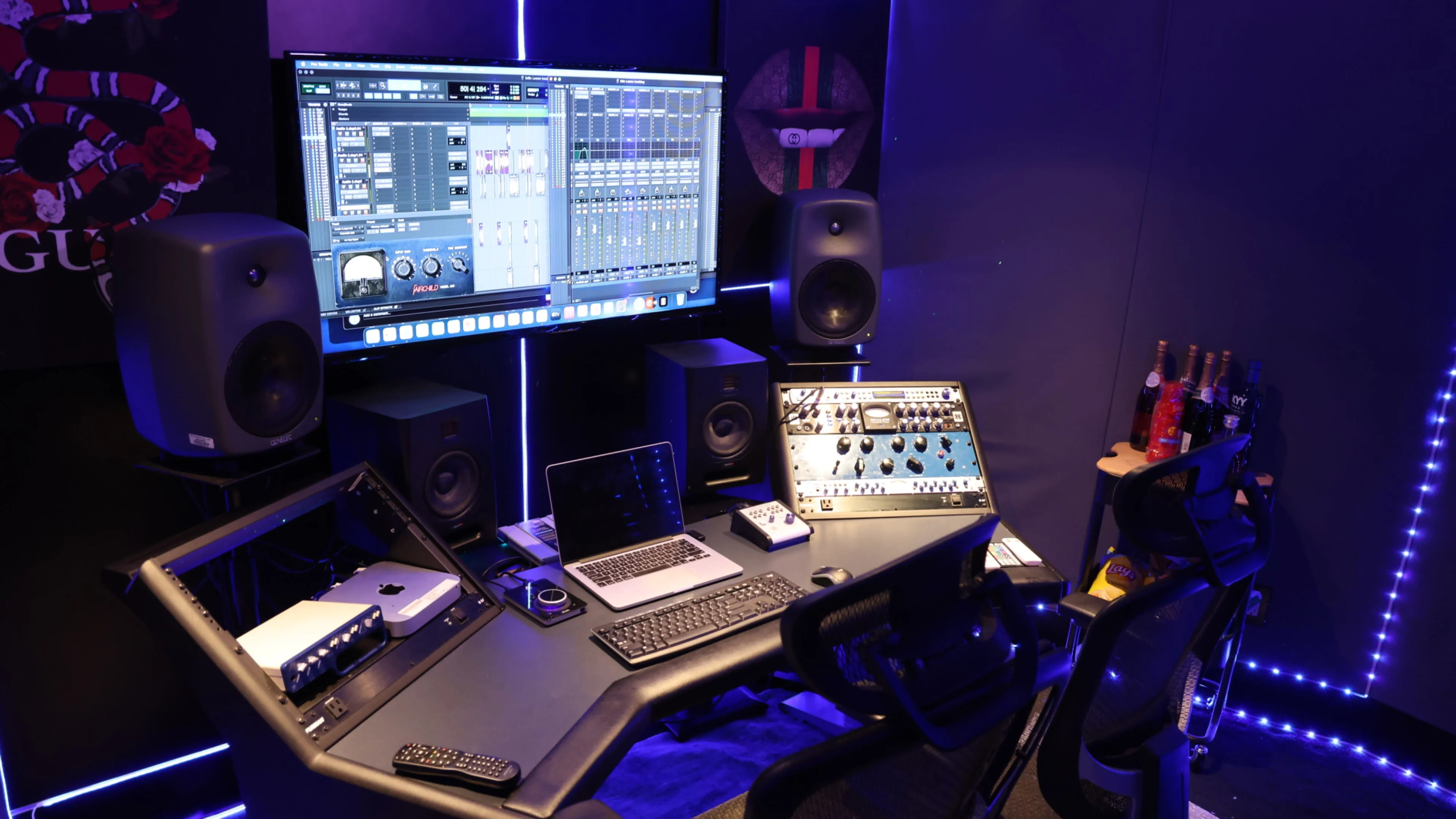The Journey of Creating Music in a Studio

Starting a music project in a professional setting often begins with exploring music recording services. These services offer artists a space to bring their ideas to life, from the initial concept to the final track. A studio environment allows musicians to focus on the creative process while having access to the tools and expertise necessary for high-quality recordings. Whether you’re a solo artist, part of a band, or a producer, recording services provide the technical foundation needed to capture sound clearly and accurately.
The process typically begins with pre-production. This phase involves planning the song structure, arranging instruments, and sometimes even testing different vocal styles or techniques. Pre-production is crucial because it sets the direction for the recording session. Many musicians find that having a clear roadmap before entering the studio saves time and helps avoid unnecessary retakes. Collaboration between artists and studio engineers during this stage ensures that the vision for the track is achievable and technically feasible.
Once pre-production is complete, the recording phase begins. This stage is where the core of music creation happens. Musicians perform their parts, while engineers manage microphone placement, levels, and recording software. The choice of equipment and acoustic setup in the studio can have a significant impact on the final sound. For example, a vocal recorded with the right microphone in an acoustically treated room will capture nuances and tone that a home recording might miss. Drum kits, guitars, keyboards, and other instruments all benefit from careful recording techniques to preserve their natural sound.
After recording, the tracks enter the editing and mixing phase. Engineers clean up audio, adjust levels, and balance instruments to create a cohesive track. This stage can involve subtle adjustments like removing unwanted noise or more significant changes like layering multiple takes to create a richer sound. Mixing requires attention to detail and an understanding of how different frequencies interact, ensuring that each element of the track is clear and balanced.
Finally, mastering prepares the track for distribution. This process ensures consistency in volume and tonal quality across different playback systems. A well-mastered track maintains its impact whether played through headphones, speakers, or streaming platforms. Mastering can also add a level of polish that brings out the best qualities of the performance.
Musicians and producers often return to music recording services throughout this journey. The professional guidance, equipment, and acoustically designed environment provided by these services make it easier to capture and refine music with clarity. For anyone serious about creating recordings that truly reflect their artistic intent, these services play an essential role in turning ideas into polished tracks. Booking time with music recording services ensures that each stage of the production process is supported by expertise and the right tools.
- AI
- Vitamins
- Health
- Admin/office jobs
- News
- Art
- Causes
- Crafts
- Dance
- Drinks
- Film
- Fitness
- Food
- Παιχνίδια
- Gardening
- Health
- Κεντρική Σελίδα
- Literature
- Music
- Networking
- άλλο
- Party
- Religion
- Shopping
- Sports
- Theater
- Wellness


